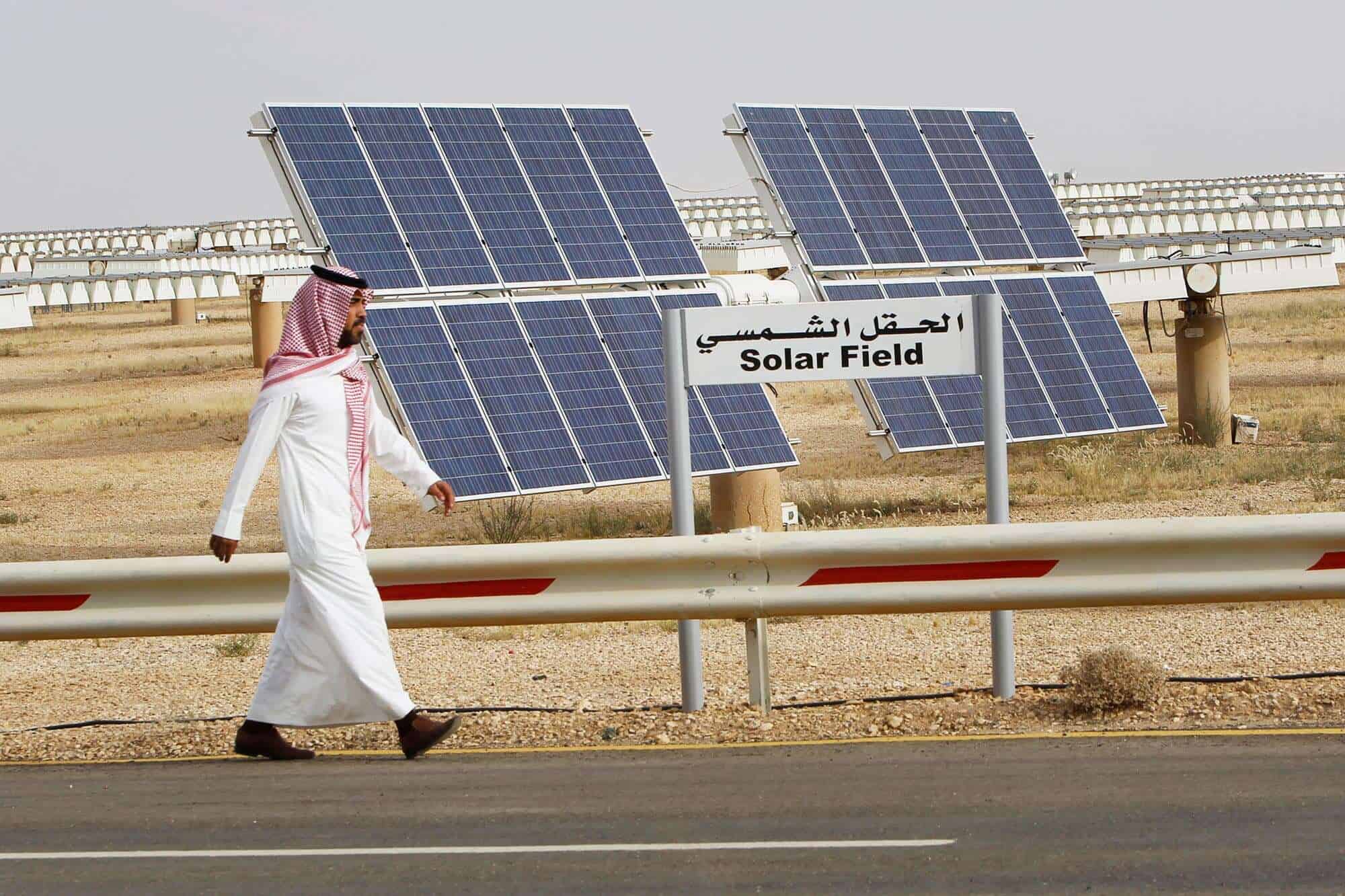-
The plants are expected to have a combined output of 400 MW
-
The projects are being implemented on a public-private partnership
The Ministry of Energy of Uzbekistan has announced that Abu Dhabi Future Energy Company, aka Masdar, has won tenders for two solar plants in that country, which are expected to have a combined output of 400 MW.
The solar-power plants are being implemented on a public-private partnership (PPP), and are to be set up in the Jizzakh and Samarkand regions of Uzbekistan, say local reports.
The ministry said Masdar was awarded the project in the Jizzakh region for its lowest bid to supply solar power at 1.823 US cents per kilowatt hour, while it won the Samarkand project for its lowest offer of 1.791 US cents per kilowatt hour.
Alisher Sultanov, Minister of Energy, said: “Uzbekistan is making huge strides towards producing and providing ‘green energy’ for its population, decreasing the country’s dependence on fossil fuels and reducing overall CO2 emissions.”
“These projects are key components of our ambitious, wider energy strategy to develop environmentally friendly renewable sources of energy to meet growing electricity demand,” he stated.
“We are proud to be working with the IFC, the World Bank and other international partners as we join the international community of solar power generators,” he added.
The tender attracted seven compliant bids for the Jizzakh site, and six compliant proposals for the Samarkand site.
Uzbekistan has been working closely with the IFC to open up the country’s power sector to private investments, and attracting foreign capital in an efficient and transparent manner.
The plants are part of a wider program by Uzbekistan to develop 8 GW of solar and wind capacity by 2030, said Sultanov.
Once implemented, the project will develop Uzbekistan’s huge solar potential, help reduce annual greenhouse gas emissions by 160,000 tons of CO2 equivalent, and generate an additional 270 GWh of electricity.







